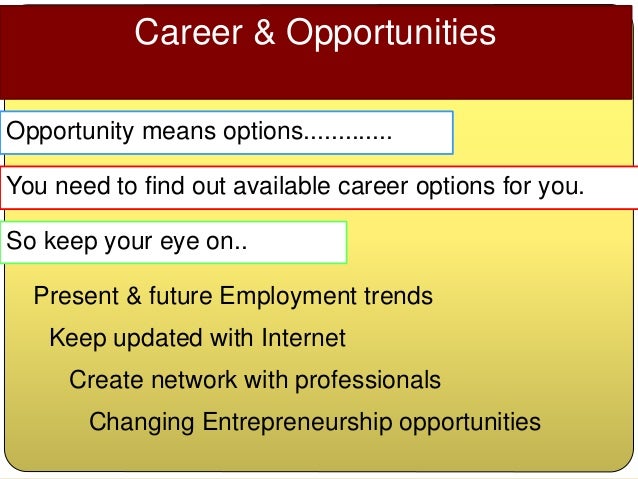Depending on your profile, opt for private or group lessons. Private or group language courses are one of the most popular ways for companies to grow the skills of their employees.
Private Language Classes: Principles
Unlike group classes, private or individual language classes are designed to the card. A teacher is dedicated to you personally and the dates and schedules of classes are flexible.
Private lessons allow you to progress at your own pace and work more intensively, but also to learn a language and/or improve your language skills in a favorable climate and confidence.
The objectives of the private language classes
Private classes are available at all levels in language, whether you are beginner, intermediate or advanced. They are taken as a session of 1 to 2 hours to reserve according to your availability and your needs.
The private lessons are intended to:
* have you prepare for various exams such as TOEIC preparation or TOEFL preparation;
* make you progress and/or to evolve in your professional career by opting for a refresher in English or to prepare an interview of recruitment or even an expatriation.
They also help to respond to an urgent situation such as:
* An improvement in English, which aims to allow employees to acquire very quickly technical skills in a specific function such as human resources, sales, purchases, law...
* After a linguistic immersion in foreign country, the formula of private lessons is that which makes it possible to progress more quickly in oral:
- the training program is designed exclusively for the trainee, according to his needs;
- through a face to face between the trainer and the trainee;
- very fast progress in oral and written form (comprehension and expression).
* Individual lessons are also very useful as tutoring, but also to prepare a tourist trip abroad.
The different formulas of private language classes
Individual classes can take place in several ways:
* face-to-face courses: student-teacher (in the office, at the teacher's or student's home).
* online language courses: you work with a private teacher. He may reside in his country of origin. In this case, the accent and the structure of sentences bring a better quality to the courses. These courses are less expensive than face-to-face courses because there are no travel expenses for the trainer.
* language immersion courses at a teacher's home are designed to help you progress very quickly. You are housed in a family in the country you have chosen and you take private lessons with the teacher who is a member of the family. This solution also allows you to go sightseeing and know the customs of the country.
One can also combine several formulas of private lessons and/or collective lessons.
How to choose a particular teacher?
It is best to choose a teacher with experience in teaching. You can also opt for a student with good language skills knowing that he/she will not have the same pedagogy as an experienced teacher.
However, it is advisable to opt for a teacher with strong qualifications especially if you have to prepare a competition, a recruitment or to obtain very quickly technical and complex skills. For students in college, a student can help them overcome their language difficulties.
Benefits of individual language classes
It is therefore a very effective formula to progress quickly in oral. The particular language courses are totally tailor-made and interactive.
These language classes, unlike group classes, are appreciated for the flexibility they bring:
* flexibility of schedules and planning: possibility of canceling or shifting in case of imperative... Nevertheless, do not take advantage of it to postpone your lessons constantly!
* flexibility in the program: possibility to stop longer with the trainer on a difficult point, easier speaking;
* the teacher corrects your exercises in real time and adapts to your level;
* suitable for people who have a busy schedule: the trainer can move to the company.
Particular language classes: hourly rate?
The hourly rate is calculated according to several criteria:
* The student's level: beginner, intermediate or advanced.
* The teacher's path: level of study, experience, courses to be taught, place of residence.
* The course planning: where the course takes place (at home, in the teacher's office or home), the duration of the course, the preparation of the course.
Private classes are more expensive than group classes. Teachers' hourly rates vary, for example 40 and 60 $ per hour for an experienced teacher.
Attention, these prices are given as an indication, some language training organizations will offer lower rates and much more important. You can also finance your courses through the training plan of your company or use the personal training account that is part of the personal activity account.






/close-up-of-hands-holding-digital-tablet-in-front-of-computer-screen-466118413-57a537285f9b58974ab804e8.jpg)

